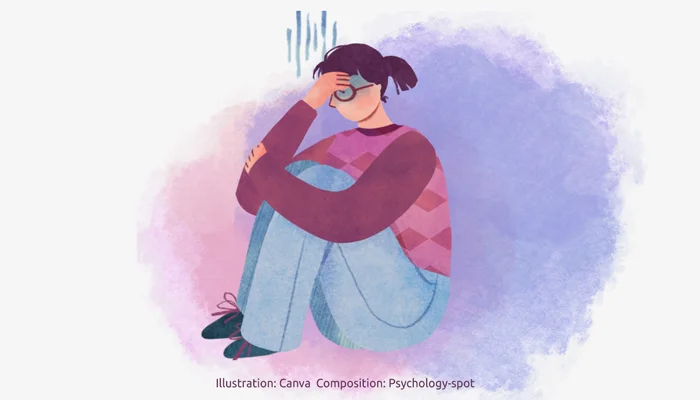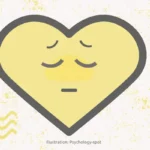
From Achilles to Hercules, from Jason of Thessaly to Heracles, for the ancient Greeks, heroes were people who achieved incredible things motivated by enormous tenacity. Today we would say that they were proactive and self-confident people who took the reins of their destiny. The ancient Romans also shared that vision.
The hero has an active role. No one becomes a hero just by passively suffering the attacks of life. And yet, in the last 70 years something has changed: we have stopped identifying with the hero of the story and have become victims. And that has an enormous influence on a social and individual level.
From essential correction to misguided overcorrection
The American philosopher Susan Neiman considers that in recent times the narrative has focused much more on the victims, who had generally been the largely forgotten ones. Without a doubt, at the beginning it was something positive, especially considering that the victims were often left out of the lens, despite being the ones who suffered the most.
According to Neiman, in the middle of the 20th century we realized that we were leaving many people out of history. At the same time, many people began to recognize their role as victims – and some also realized the advantages of identifying as a member of a historically oppressed group (there is everything in this world, it must be said).
At that time, putting the victims at the center of the discourse was equivalent to acknowledging a mistake and filling a gap. It was fair and necessary. Thus the focus of attention largely shifted from the hero to the victims. The problem is that at a certain point, the tendency to focus on victims has also gotten out of hand, according to Neiman, leading to a process of “overcorrection” that moves further and further away from the equality and justice that is intended to be achieved.
Today’s overcorrection exudes power, so that in many cases victimization has become a source of authority, according to Neiman. In this way, authoritative sources and voices are increasingly those that reinforce the role of victims and emphasize that group identity. Everything that moves away from that discourse – even if it really empowers the victims to be something more – is attempted to be silenced.
Being victims is not a virtue – and the sooner we stop being victims, the better
In a certain way, those who identify themselves as victims do so because – consciously or unconsciously – they seek reparation for the damage caused. And it is fair that it be so. We find it easier to forgive, heal, and move on when we receive a genuine apology, see real remorse from someone who has hurt or wronged us, and get a promise that it won’t happen again, as a study at Ohio State University showed.
However, the role of victim should not expand to occupy our entire personality. Having suffered marks us, but it should not define us as a person. Falling into chronic victimhood is not the solution. Everyone should aspire to be much more than the “victim” label with which society identifies them.
When that does not happen, often the person or group that recognizes itself as an absolute “victim” may think that its suffering exalts and places it above others, giving it the right to feel superior and to have control over others. Often, this attitude only perpetuates the perverse cycle of power in which the initial victim goes on to try to subdue others, who in turn become secondary victims.
In this sense, research has noted that there is a tendency among historically victimized groups to focus on their own interests and care less about the rights of others, often resulting in what is known as “Exclusive Victim Consciousness.” In other words, these people think that their story is the most serious and incomparable, which prevents them from recognizing the suffering of others and even the pain of other victims if they have experienced different circumstances.
We also know that some of the children, adolescents or young people who harass others were themselves victims of harassment or abuse at other stages of their lives. That means those people get stuck in the victim-bully pattern. And if we stay stuck in those reductionist scripts, we will not be able to grow – neither individually nor as a society.
Obviously, this is not about erasing or ignoring the victims. It is necessary to recognize them and not experience that situation as a shame that generates guilt. But it is also necessary to be aware that we are all – to some extent – victims of some injustice. There are major and minor injustices, immense harms and more limited ones, but victimization should not be something that we carry throughout our lives or, at least, it should not be something that defines us.
Being victims is a circumstance, not a virtue. It becomes a virtue when we manage to overcome it and become stronger. When we integrate that experience – whether individual or social – into our life history, along with the others. As Carl G. Jung said, we must make sure we are not what happened to us, but rather what we choose to be. And until we understand that, we are destined to repeat history in a loop, whether in our small personal sphere or on a societal level.
References:
Sharvit, K. & Kremer-Sharon, S. (2022) Everybody hurts (sometimes): The role of victim category accessibility in prosocial responses towards victimized outgroups. Br J Soc Psychol; 62(1): 322–341.
Lewicki, R. J. et. Al. (2016) An Exploration of the Structure of Effective Apologies. Negotiation and Conflict Management Research; 9(2): 177-196.
Neiman, S. (2010) Victims and Heroes. The Tanner Lectures on Human Values: Michigan University.




Leave a Reply